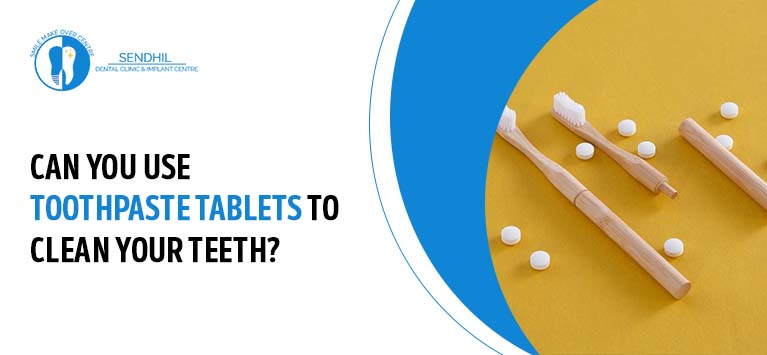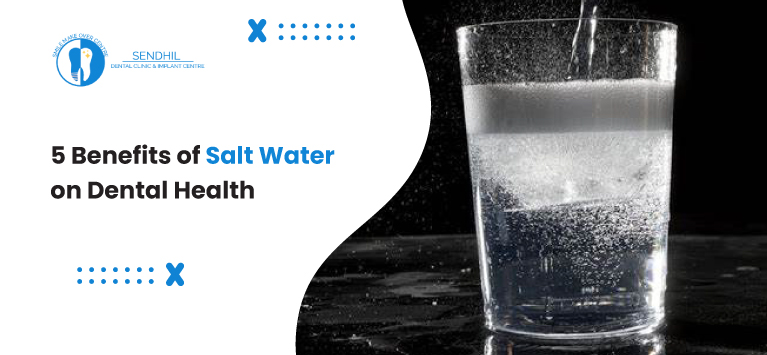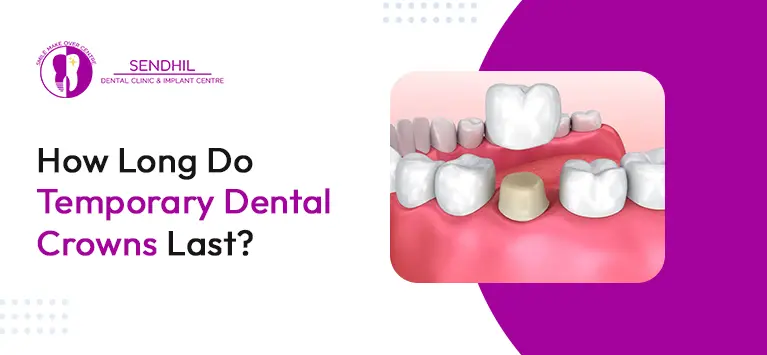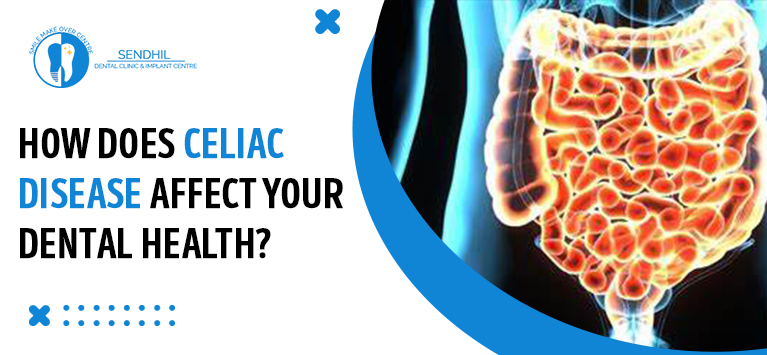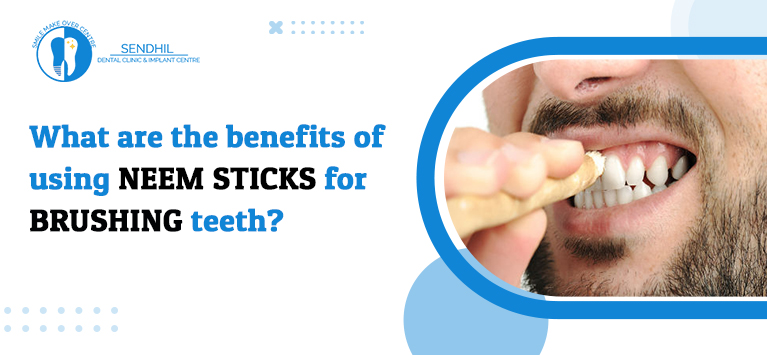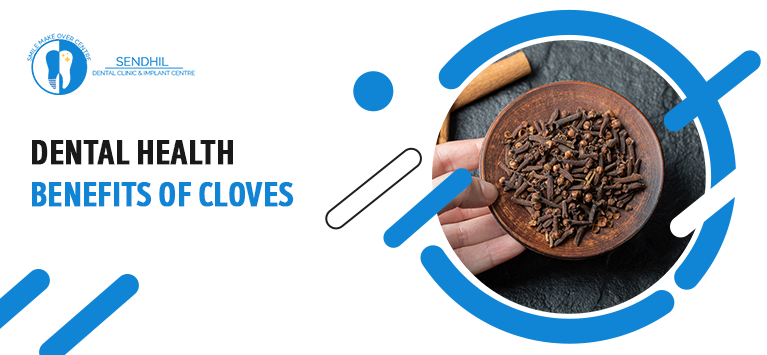
Do you know these 6 causes of bad taste in your mouth?
Do you notice an atypical, bad, bitter or metallic taste in your mouth frequently? Don’t take it lightly because such lingering bad taste might be indicative of underlying health issues.
In general, we sense taste with a message sent by our taste buds to the brain through nerves regarding the different flavors (sweet, sour, salty, bitter, and umami) from foods and drinks we eat. When the message carried by nerves gets disturbed or intervened, it provokes an unpleasant taste in the mouth.
Mostly, such foul taste happens with dysfunction in the taste receptors in tongue receptors and it is caused by a plethora of things ranging from tongue injuries to life-threatening diseases. We have explained the prominent things here.
1) Medications
Drugs and medicines taken for ailments at times influence the taste receptors in our tongue and mouth, causing a sour taste in the mouth. Similarly, the composites in some medications absorb saliva and end in dry mouth. It makes our mouth an environment for bacteria proliferation that is also a part of altering tastes in our mouth.
Here are some drugs that can cause sour taste in our mouth:
- Over the counter medications
- Antibiotics
- Antidepressants
- Medications prescribed for cardiovascular diseases
- Muscle relaxants
Alteration in taste after taking some medications is a common thing. Similar to this, patients who are getting cancer treatments such as chemotherapy are also develop this problem due to radiation exposure.
2) Vitamin Deficiency
Vitamin B-12 deficiency is the main reason behind the metallic taste in our mouth. The shortage of this vitamin in our body affects the nerves, provokes an unpleasant taste in the mouth.
Likewise, our body needs minerals such as iron, calcium, zinc in sufficient quantities else it will lead to various discomforts similar to metallic taste. It can be addressed by taking pills and taking foods rich in those compounds like dairy, vegetables, nuts, etc.
3) Hormonal Changes
Hormonal changes that occur inside a woman’s body such as pregnancy, menopause produce a significant impact throughout the body. Bad taste is one of its side effects. Changes or reduction in hormone during such phases affect the taste buds in the tongue causing a bad taste in the mouth.
It is temporary and goes on its own when the phase comes to an end.
4) Chemical Exposure
Inhaling chemicals such as mercury, the lead will have disastrous effects on your health. This can irritate the nose, air passages, lungs, and even absorbed by the lungs into the bloodstream. Now the blood carries those chemicals along with the nutritional compounds to every organ. Tongue is not an exception.
Thus it affects the taste receptors in the tongue and causes a strange taste in your mouth.
5) Medical Problems
Similar to vitamin deficiency, various health disorders also cause an impaired sense of taste, causing bitter or bad taste in your mouth. The bodily disorders that are linked to the unpleasant taste are as follows:
- Acid Reflux Diseases
- Burning Mouth Syndrome
- Respiratory problems
- Diabetes
- Liver problems
- Kidney disease
- Dementia
- CNS Disorders
6) Damages in dental fillings
Cracked or damaged dental fillings are another important factor behind bad or metallic taste in the mouth. If you received dental fillings, then you have chances of developing the strange taste over time. When the fillings get old, they break down where they are sealed and make an opening for the bacteria to enter the tooth. It would also cause a bad taste.
Bottom line
The strange taste in mouth has been associated with various factors. Apart from improper oral hygiene, it happens as an effect of certain medications, bodily disorders, and bad habits such as smoking.
If you sense a lingering strange taste in your mouth, visit your dentists immediately to diagnose its underlying cause. Treating this problem is quite easy when the root cause is identified.


